Machine learning, meet quantum computing Quantum computer, Machine learning artificial
Cloud Quantum Computing & Top Cloud QC Vendors in 2024
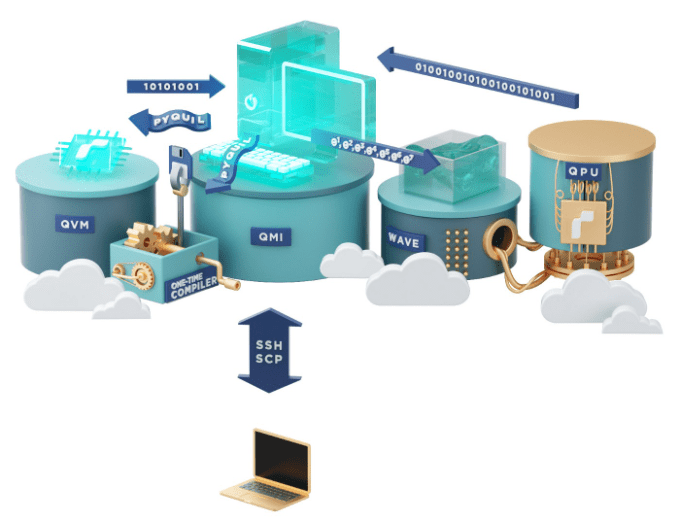
Quantum machine learning uses the power of quantum mechanics and quantum computing to speed up and enhance the machine learning done on the "classical" computers we use every day. Quantum computers are designed using the often counter-intuitive laws of quantum physics and can store and process exponentially more information than the tablets, smartphones, and supercomputers that power much.
Comprehensive Guide to Quantum Machine Learning

Machine learning and quantum computing approaches are converging, fuelling considerable excitement over quantum devices and their capabilities. However, given the current hardware limitations, it.
Quantum Computing Explained
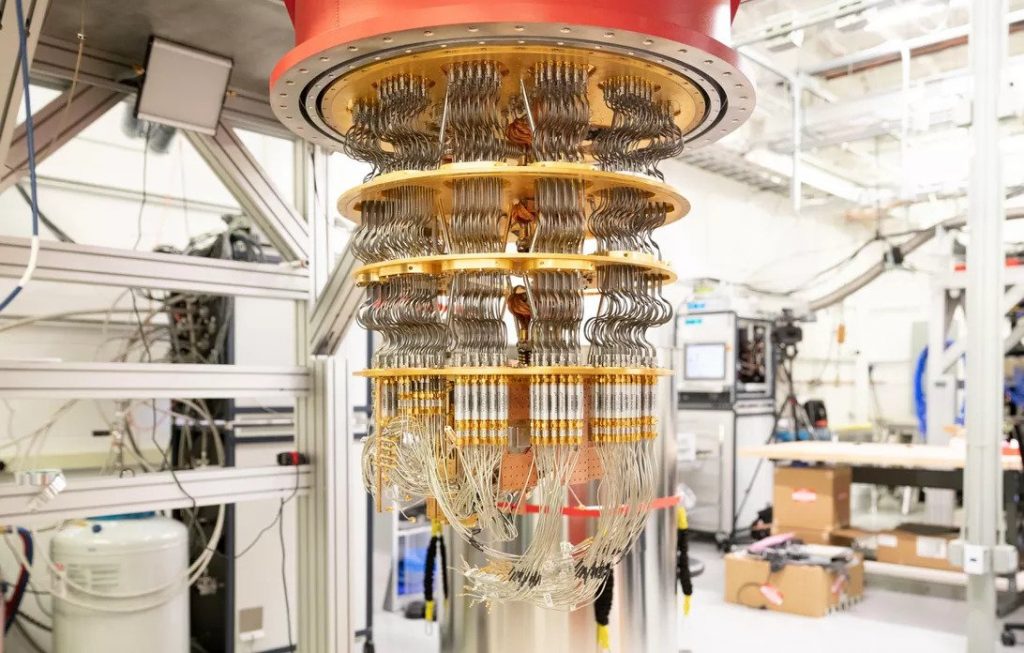
Noisy Intermediate-Scale Quantum (NISQ) systems and associated programming interfaces make it possible to explore and investigate the design and development of quantum computing techniques for Machine Learning (ML) applications. Among the most recent quantum ML approaches, Quantum Neural Networks (QNN) emerged as an important tool for data analysis. With the QNN advent, higher-level.
Quantum machine learning learning on neural networks by Sashwat Anagolum Towards Data Science
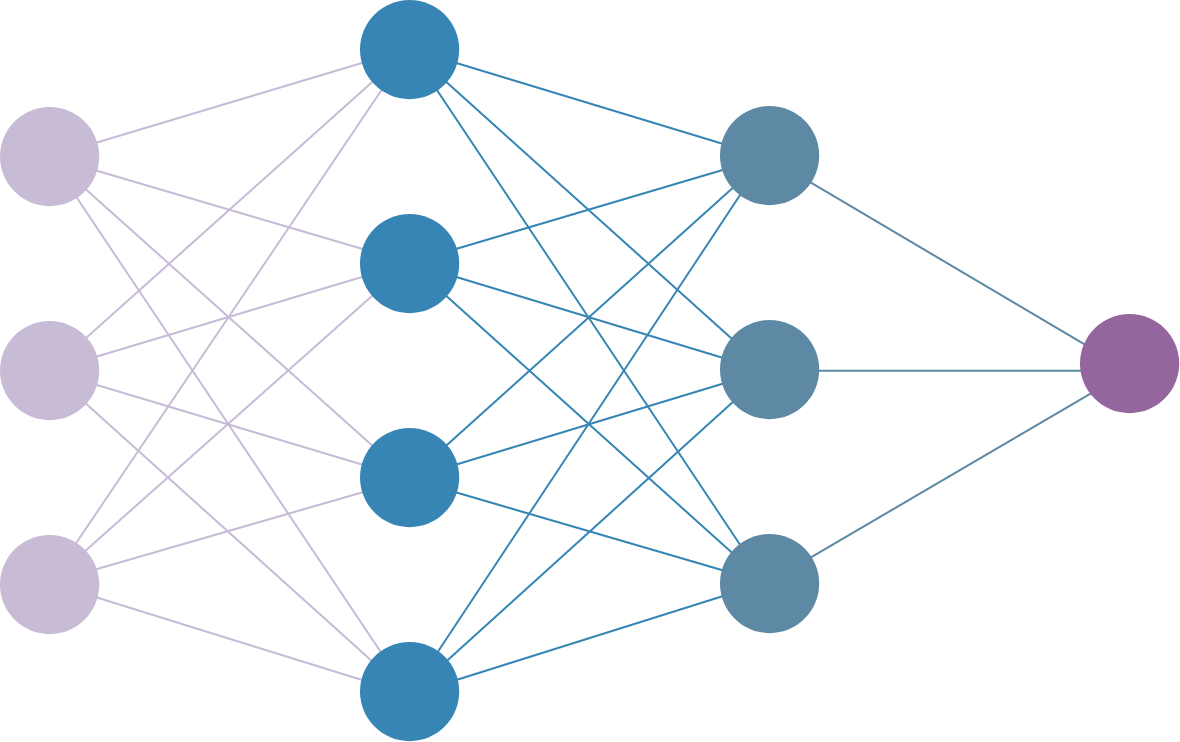
Abstract. At the intersection of machine learning and quantum computing, quantum machine learning has the potential of accelerating data analysis, especially for quantum data, with applications.
Cloudbased quantum computing, explained

Introduction to Cloud-Based Quantum Machine Learning. Quantum computing is an emerging technology that harnesses the power of quantum mechanics to perform computations exponentially faster than classical computers. By leveraging quantum phenomena like superposition and entanglement, quantum computers can solve problems that are intractable for classical machines.
IBM Research explains how quantum computing works and why it matters VentureBeat

• We reveal the security risk in quantum machine learning running at cloud-based quantum computing. • To overcome the security issue, we propose the design of QuMoS, which preserve the security of the QML model by distributing and executing it on multiple quantum cloud providers. • We further develop a security engine in QuMoS, which
Quantum Machine Learning 1.0. A big future for small devices by Maria Schuld XanaduAI Medium
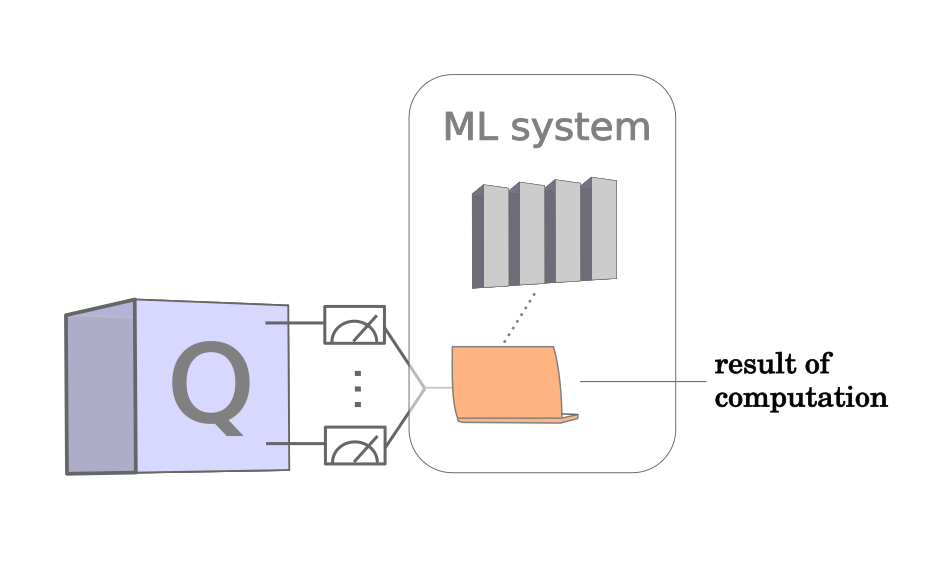
with classical HPC cloud systems. Based on our insights, we make recommendations and contributions to improve the management of resources and jobs on future quantum cloud systems. I.Introduction Quantum computing is a revolutionary computational model that leverages quantum mechanical phenomena for solving intractable problems.
Beginner's Guide to Quantum Machine Learning Paperspace Blog

With the rapid advent of quantum computing, hybrid quantum-classical machine learning has shown promising computational advantages in many key fields. Quantum reinforcement learning, as one of the most challenging tasks, has recently demonstrated its ability to solve standard benchmark environments with formally provable theoretical advantages over classical counterparts. However, despite the.
Cambridge Quantum Computing launches first cloudbased Quantum Random Number Generation Service

Quantum machine learning is the integration of quantum algorithms within machine learning programs.. The most common use of the term refers to machine learning algorithms for the analysis of classical data executed on a quantum computer, i.e. quantum-enhanced machine learning. While machine learning algorithms are used to compute immense quantities of data, quantum machine learning utilizes.
Artificial Intelligence System Learns the Fundamental Laws of Quantum Mechanics

Program real quantum systems with the leading quantum cloud application.. to support your quantum research and development needs. Platform. Copy your API token, track jobs, and view quantum compute resources. Documentation. Explore service and API documentation to start working with IBM Quantum resources. Learning. Take a course, browse.
Machine Learning... what is it?
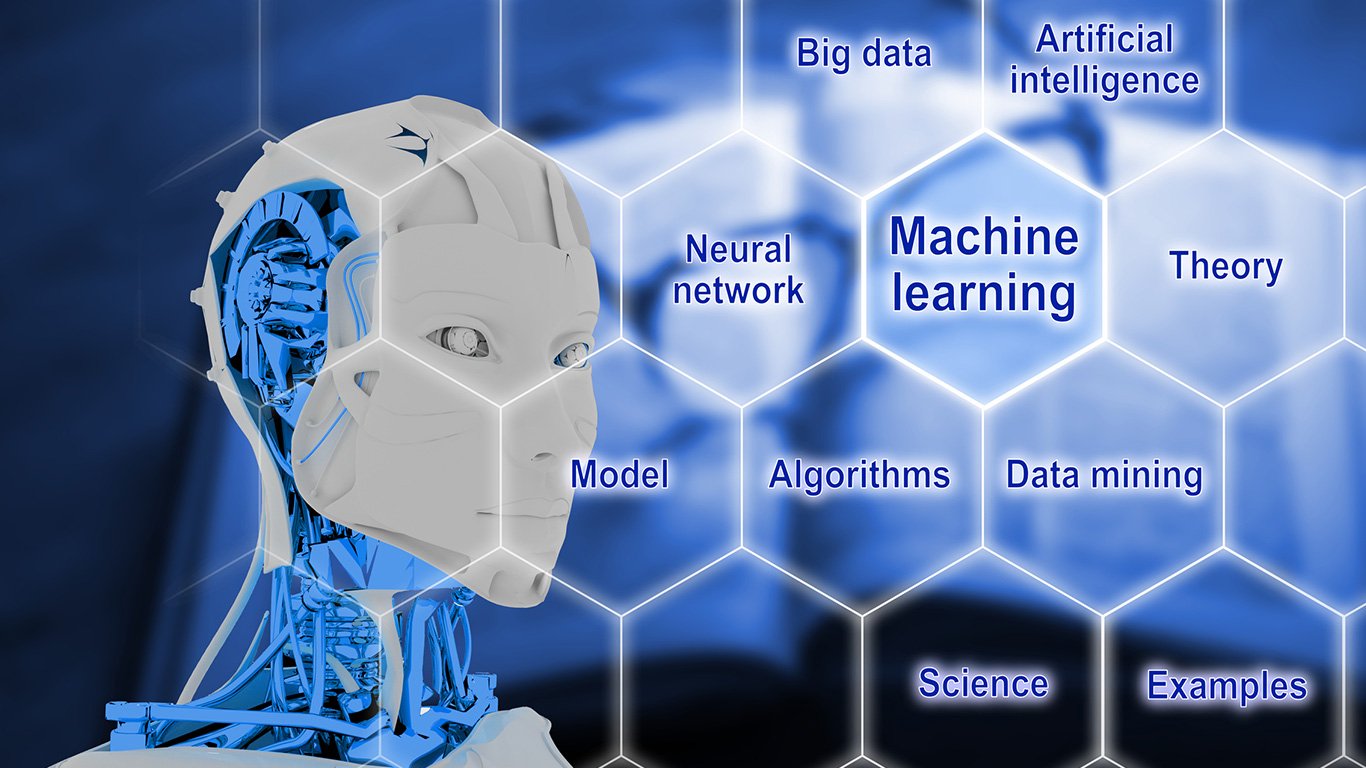
Cloud-based quantum computing is the invocation of quantum emulators, simulators or processors through the cloud. Increasingly, cloud services are being looked on as the method for providing access to quantum processing. Quantum computers achieve their massive computing power by initiating quantum physics into processing power and when users are allowed access to these quantum-powered.
The basics of quantum computing—A tutorial EDN Asia

Accelerate quantum computing innovation via the cloud. Explore and prepare for scaled quantum computing. Use state-of-the-art cloud tools and learning resources to help you build and refine quantum algorithms. Gain access to a diverse portfolio of today's quantum hardware. Get started with Azure Quantum for free today.
Quantum machine learning Latest Seminar Topics Project Topics
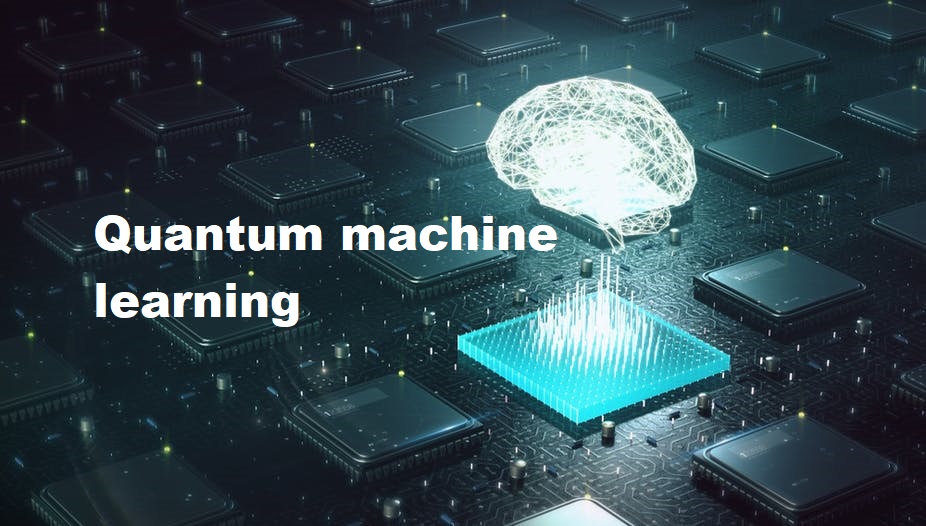
In recent years, the convergence of two cutting-edge technologies, quantum computing, and machine learning, has paved the way for innovative solutions in various industries. Cloud-based quantum…
Quantum Machine Learning

For certain quantum computers that are based on continuous variables, such spaces can even be infinitely large. Machine learning, by comparison, analyses data that live in much smaller spaces.
Don’t ask what Quantum Computing can do for Machine Learning by Dr. Alessandro Crimi Towards
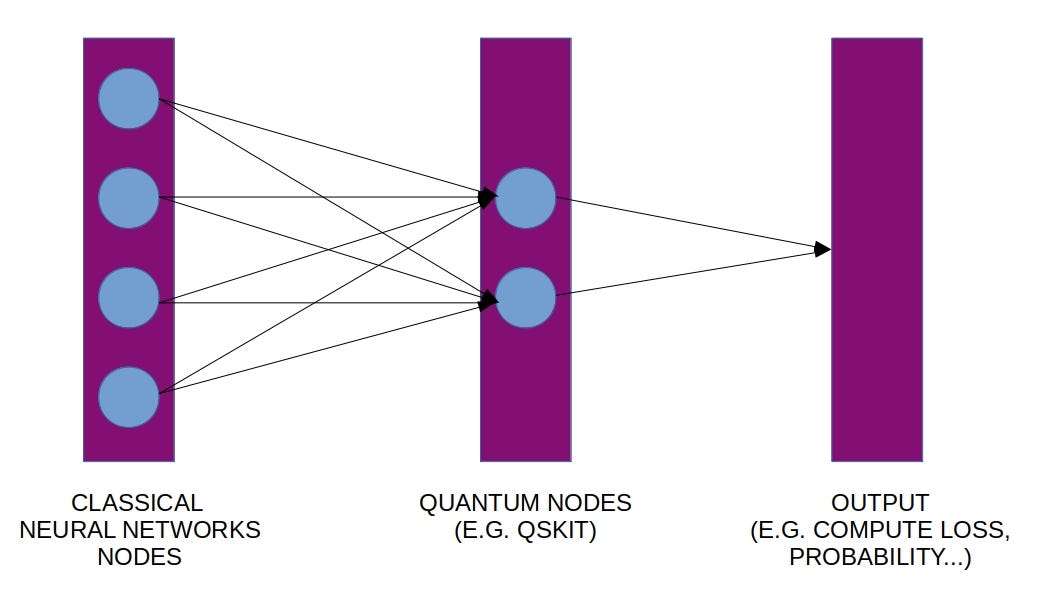
Quantum Machine Learning. We now know that quantum computers have the potential to boost the performance of machine learning systems, and may eventually power efforts in fields from drug discovery to fraud detection. We're doing foundational research in quantum ML to power tomorrow's smart quantum algorithms.
Top resources to learn quantum machine learning

Quantum machine learning (QML) is a discipline that holds the promise of revolutionizing data processing and problem-solving. However, dissipation and noise arising from the coupling with the environment are commonly perceived as major obstacles to its practical exploitation, as they impact the coherence and performance of the utilized quantum devices.
.